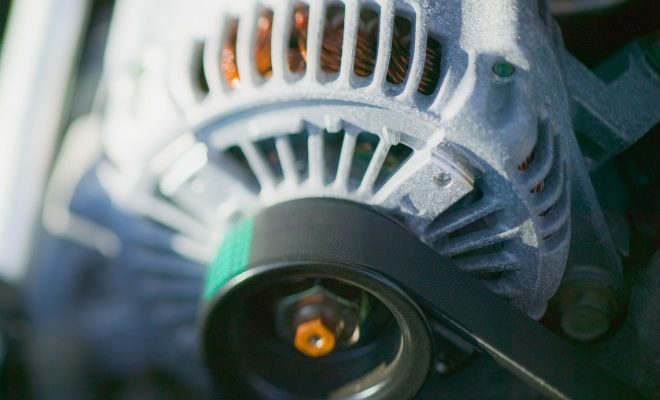Understanding Alternator Output Ratings

Are you having trouble understanding the output ratings of your alternator? You are not alone. Many people find it hard to grasp the technical details of this crucial component of the automotive electrical system. In this article, we will take a deeper look at alternator output ratings and what they mean for your car’s performance and battery life.
First things first, what is an alternator? An alternator is a device that is responsible for converting the engine’s mechanical energy into electrical energy. It is connected to the engine via a belt and rotates to generate electrical power. This power is then used to charge the battery and run various electrical components of the vehicle.
Alternator output rating refers to the power output of the alternator. It is usually measured in Amperes (Amps) and is the maximum current the alternator can produce at a given time. Most modern cars come with alternators rated between 60 and 120 Amps. However, heavier vehicles like trucks and commercial vehicles may require alternators rated between 200 and 300 Amps.
Why is understanding alternator output rating important? It is because the electrical system of your vehicle relies heavily on the alternator. If the alternator is not producing enough power, it can lead to battery failure and cause electrical components to malfunction. On the other hand, if the alternator is producing too much power, it can damage the battery, and other electrical components of your vehicle.
When choosing an alternator, it is essential to consider your vehicle’s electrical requirements. A car that uses a lot of power-hungry accessories needs an alternator with a higher output rating. Conversely, a car with fewer electrical accessories can work with a lower output alternator.
The alternator output rating also affects the battery’s charging rate. A higher output alternator will charge the battery faster than a lower output alternator. It is essential to note that charging the battery too quickly can damage the battery. Therefore, it is wise to use an alternator with an output rating that matches your battery’s charging requirements.
In conclusion, understanding the output ratings of your alternator is crucial to the overall performance and longevity of your vehicle’s electrical system. Choose an alternator with the appropriate output rating that matches your vehicle’s electrical requirements. This will not only ensure that your car runs smoothly but also extends the life of your battery and other electrical components of your vehicle.






